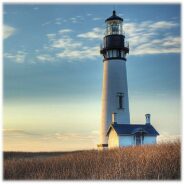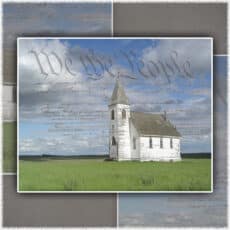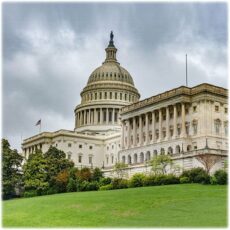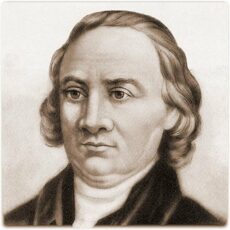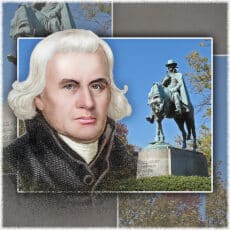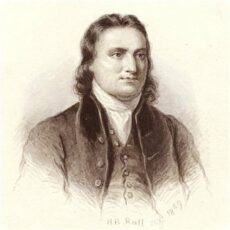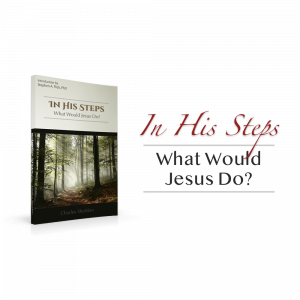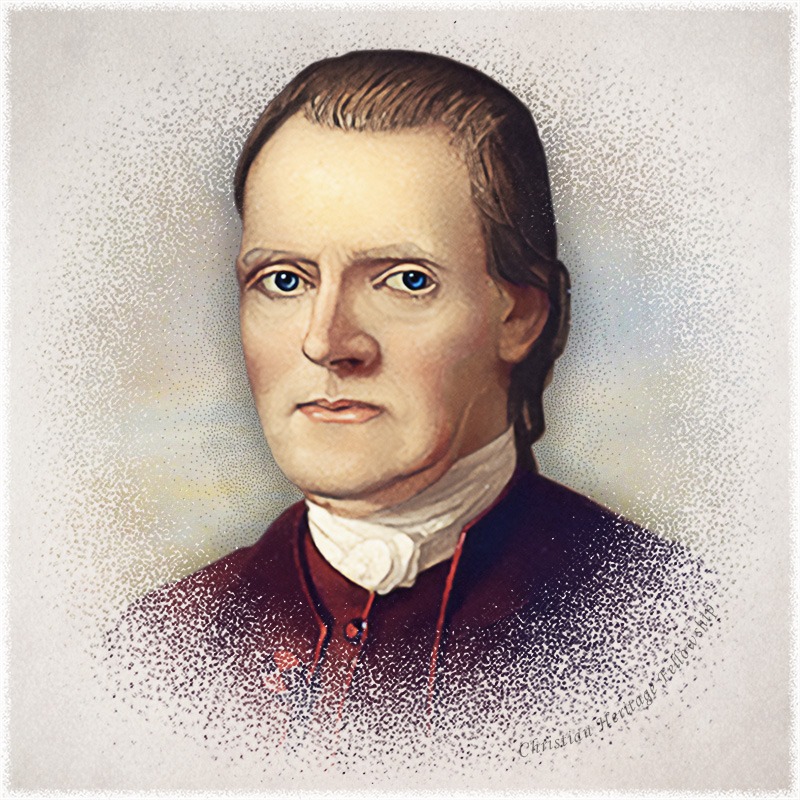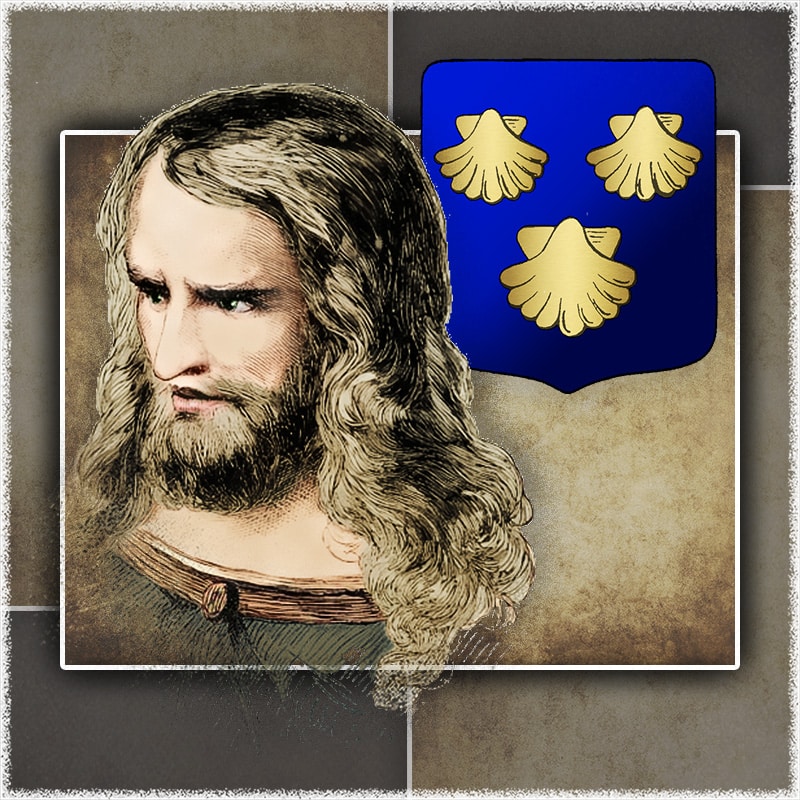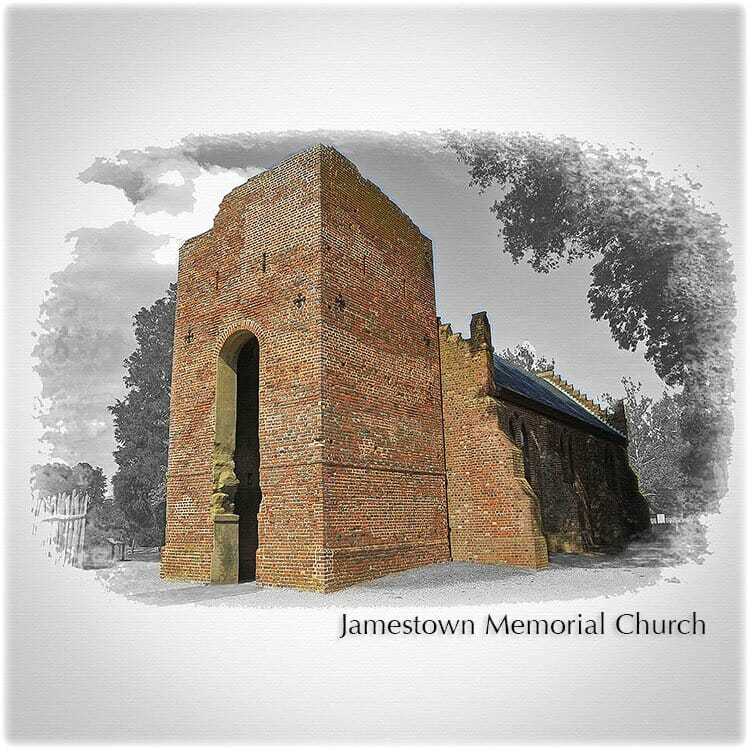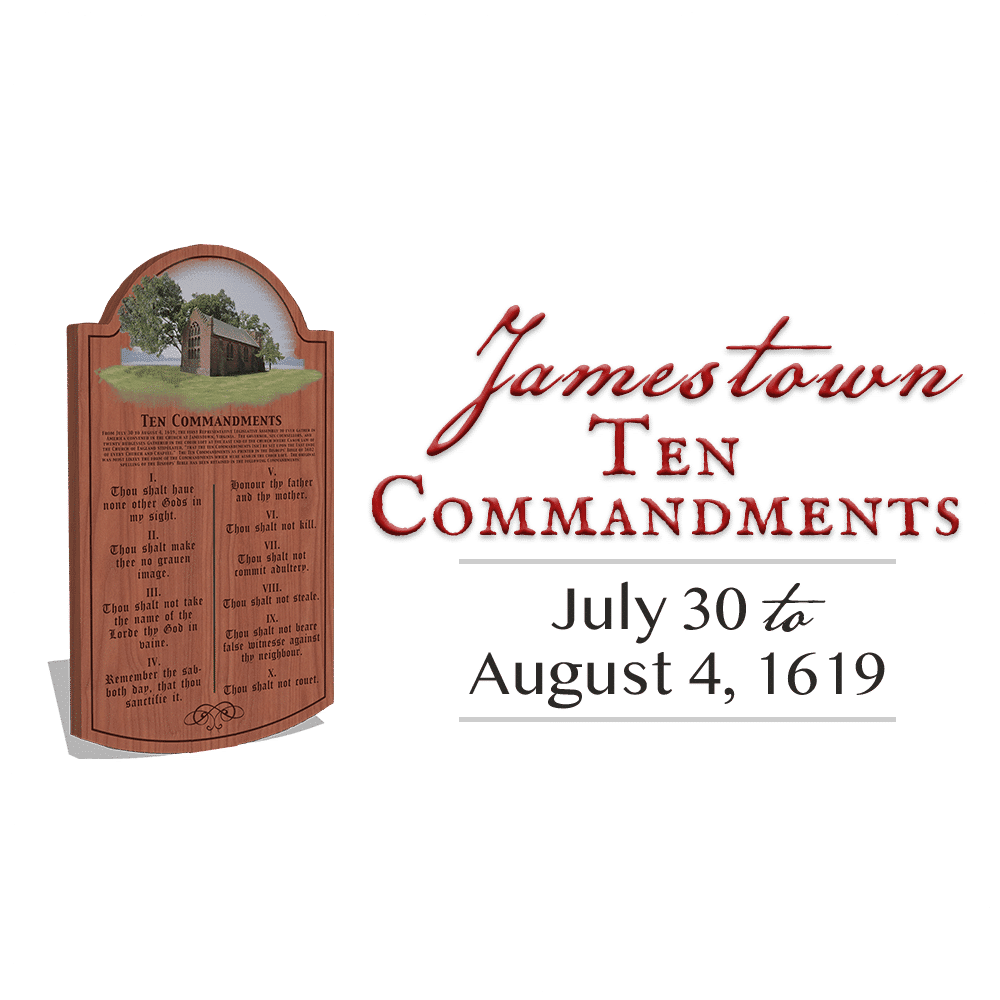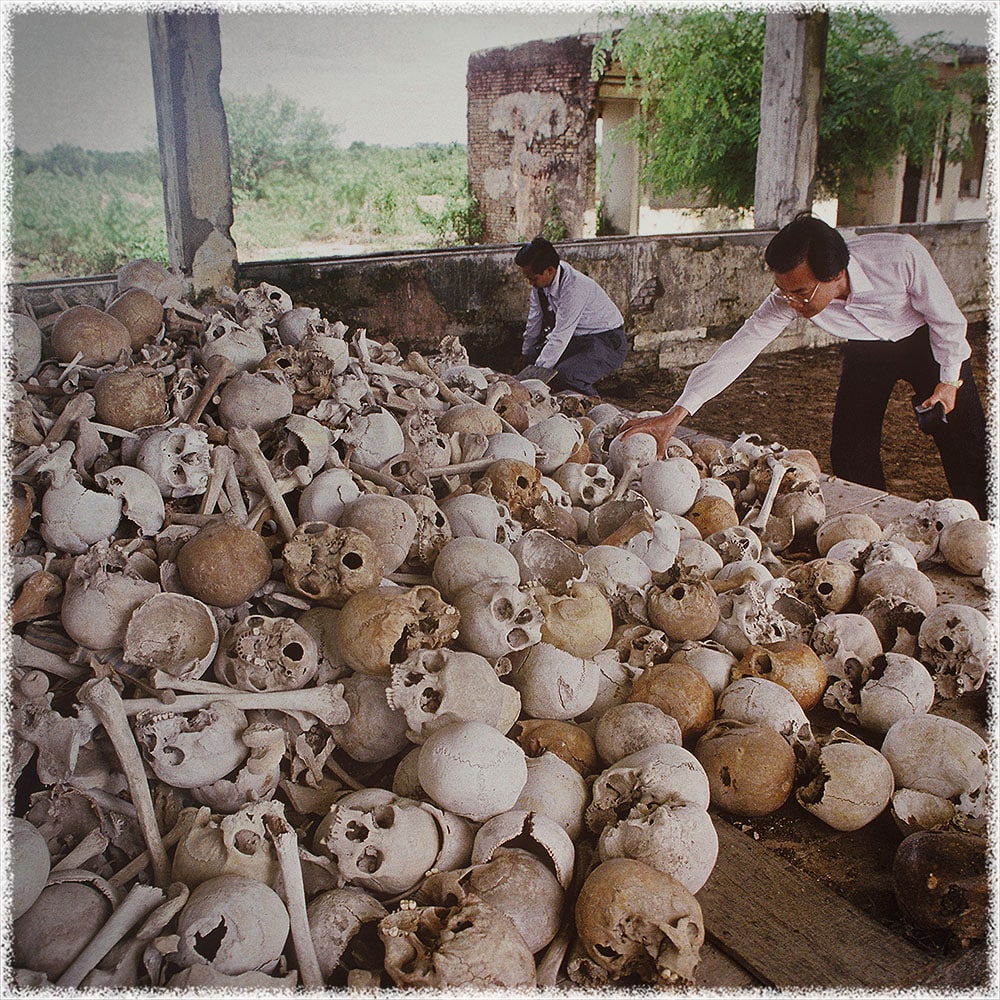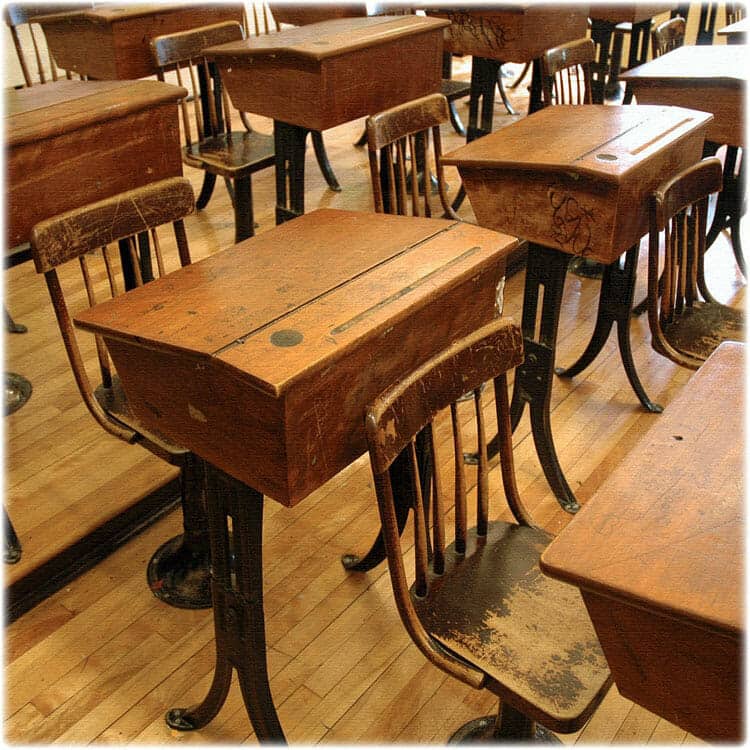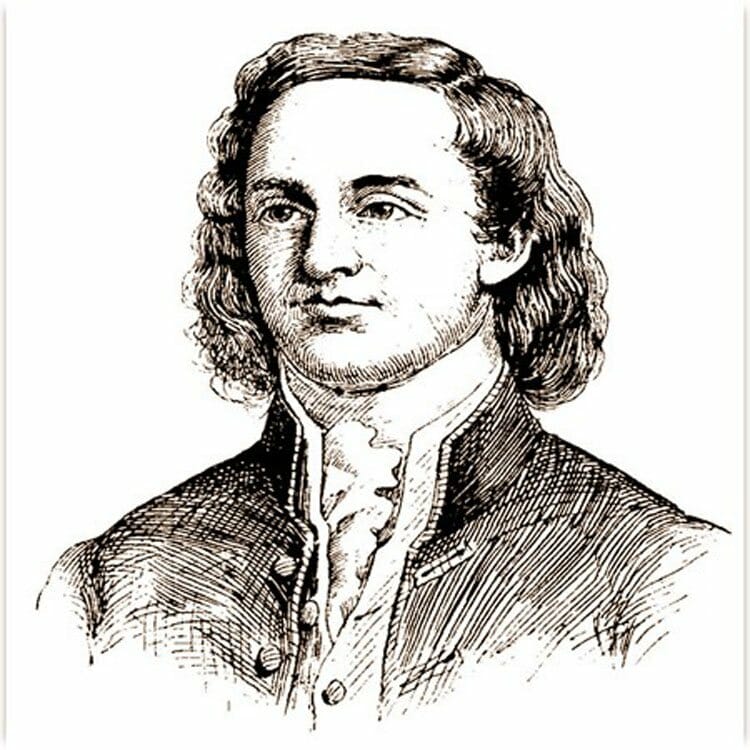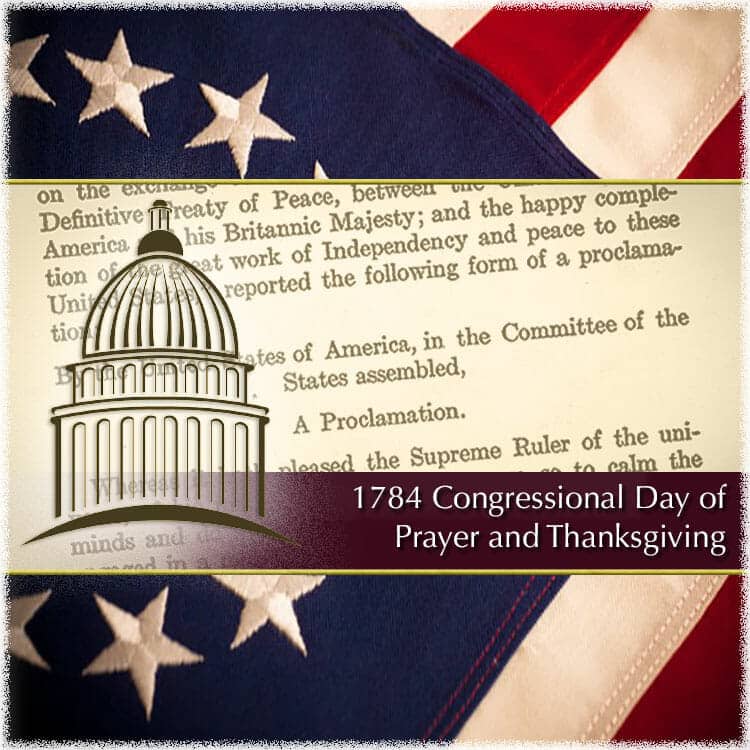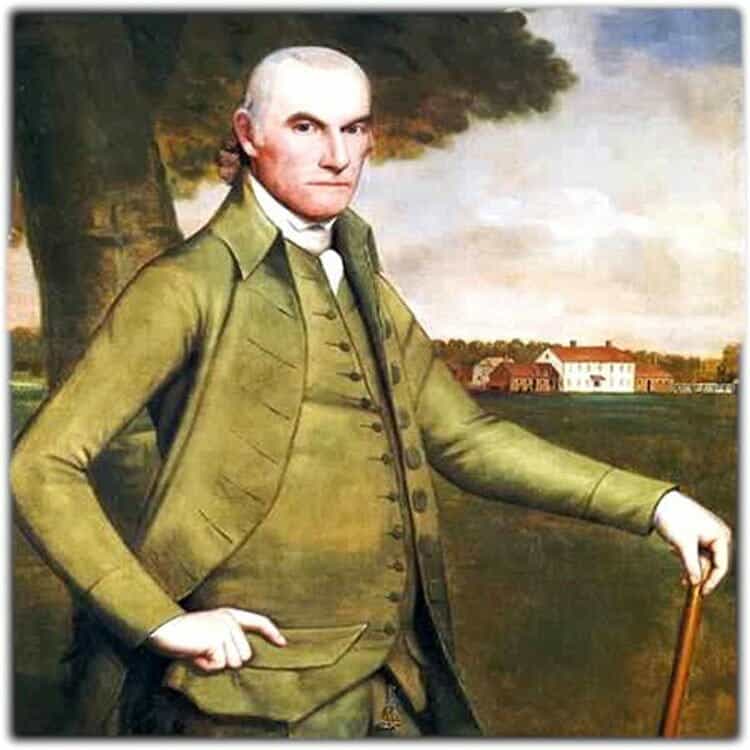Results for: "American History"
The results for your search of "American History" are listed below. Please click on the title or image to navigate to the desired item.
Please check the page navigation indicator at the top right or bottom right of the results to determine the number of search pages containing articles with the keyword(s): "American History".
Morality More Important Than the Constitution
American Founding Fathers, Newsletters
Listen Akhil Amar In 2012, distinguished Yale Law School professor Akhil Reed Amar[1] published his book, America's Unwritten Constitution: The Precedents and Principles We Live By.[2] Summarizing his book Amar said, "Despite its venerated place atop American law and politics, our written Constitution does not enumerate all of the rules and rights, principles and procedures that actually govern modern America." Suggesting that interpretation of the Constitution "cannot be understood in textual isolation," Amar insists that jurisprudence must have the right to "particularly privileged sources...Read more... Read more... -->
Preacher Becomes First Speaker of Congress
American History, Christian History, Role of Pastors
ListenApril 1, 1789 House of Representatives begins to operate under Constitution Among the thousands of pieces of evidence that prove America was not founded as a secular nation are events relating to the transition of the Continental Congress[1] to the United States Congress under the Constitution. If the Founding Fathers had been secularists, they never would have incorporated the seven distinct Christian observances employed in the inauguration of George Washington. Neither would they have installed Christian ministers as chaplains, first in the Continental Congress, and then in both...Read more... Read more... -->
John Morton
American History, April Articles, Christian Calendar (Holidays), Christian History, Signers of Declaration of Independence
Listen April 1, 1777 Death of Signer, John Morton John Morton (1725 – April 1, 1777) was a farmer, surveyor, and jurist from the Province of Pennsylvania. As a delegate to the Continental Congress during the American Revolution, he provided the swing vote that allowed Pennsylvania to vote in favor of the United States Declaration of...Read more... Read more... -->
America’s Bishop: Francis Asbury
Biography, Methodist churches, Role of Pastors
Listen March 31, 1816 Death of Francis Asbury Francis Asbury (August 20, 1745 - March 31, 1816) is remembered most for the leadership he provided to early American Methodism. Asbury must not be associated with the theologians of Methodism. Like Jabez Bunting among the British Wesleyan Methodists, Asbury was a great churchman within the American Methodist Episcopal Church. He was one of the first two general superintendents or bishops of American Methodism and was said to be more widely known than General George Washington. Because of great men of God, America became a great nation, and if...Read more... Read more... -->
Button Gwinnett
American History, Christian Calendar (Holidays), Christian History, May Articles, Signers of Declaration of Independence
ListenButton Gwinnett (1735 – May 19 or 27, 1777) was an British-born American political leader who, as a representative of Georgia to the Continental Congress, was the second of the signatories (first signature on the left) on the United States Declaration of Independence. He was also, briefly, the provisional president of Georgia in 1777, and Gwinnett County (now a major suburb of metropolitan Atlanta) was named for him. Gwinnett was killed in a duel by a rival, Lachlan McIntosh, following a dispute after a failed invasion of East...Read more... Read more... -->

